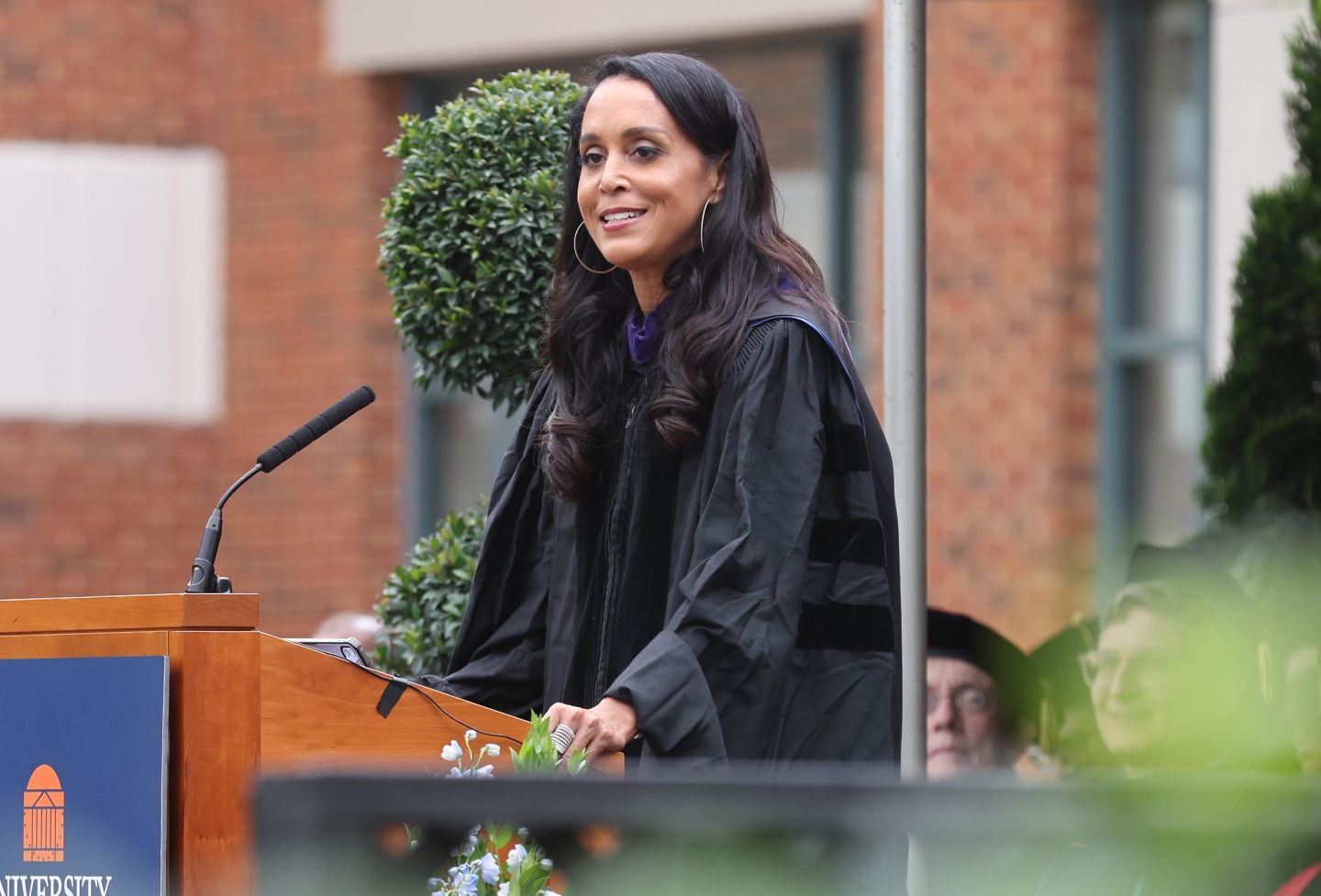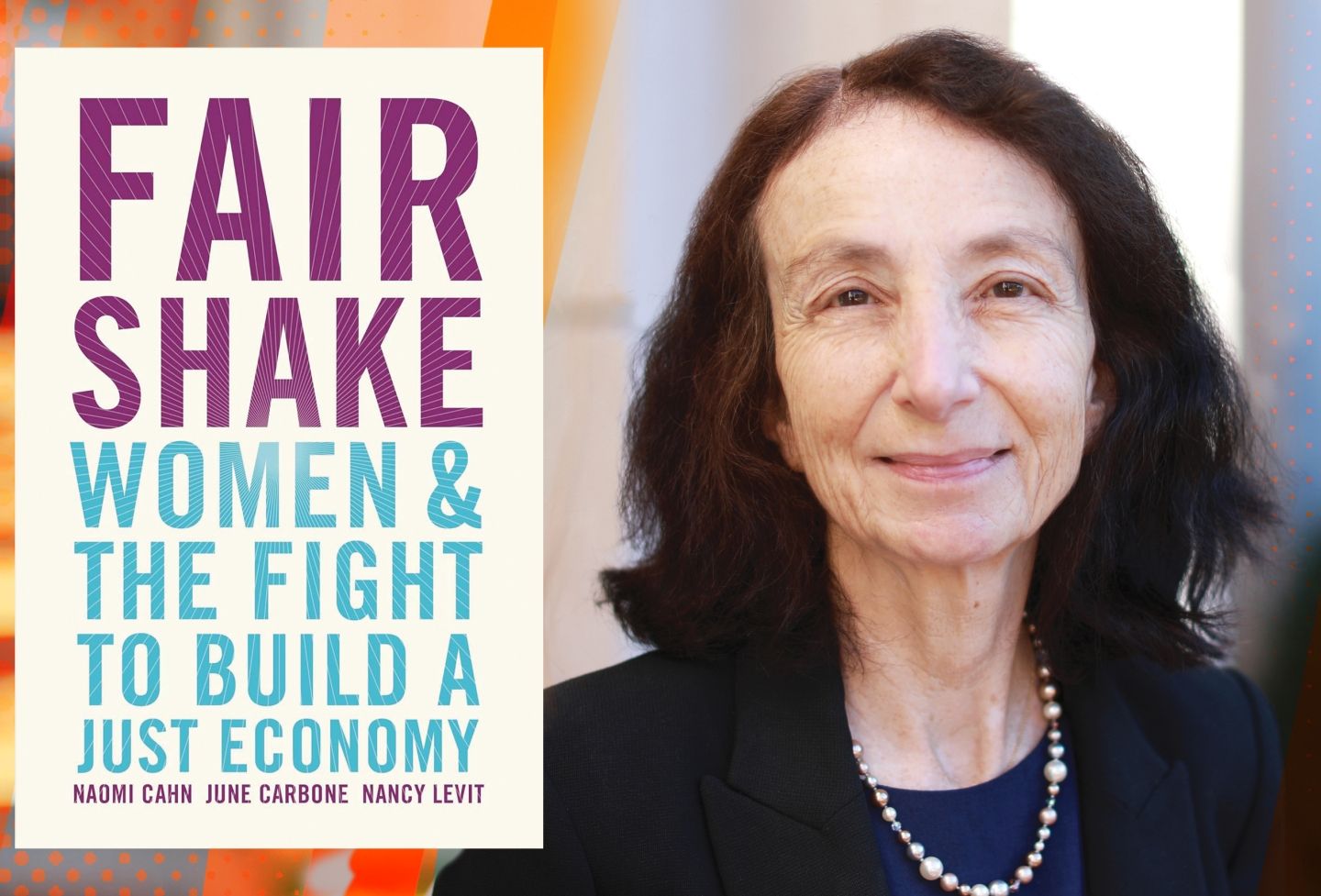A 2019 graduate of the University of Virginia School of Law has proposed a rule change to federal campaign finance regulation, and his proposal is getting some serious attention. If Samir Sheth’s suggestions are adopted, it could help curb what has apparently become a common practice in campaigns — the transfer of highly valuable voter information to a candidate at little or no expense.
The proposal began as a student note that was published in the Virginia Law Review, then noticed by the Campaign Legal Center in Washington, D.C., where Sheth previously interned. (Alumnus Trevor Potter ’82 founded and leads the nonpartisan, nonprofit organization.) The center filed a petition with the Federal Election Commission asking the agency to initiate the rulemaking process to close the loophole.
The FEC has now opened the petition up for public comment, and Sheth said he plans to write a letter in support. He hopes others will as well.
Here’s the problem, according to Sheth: A super PAC exchanges information with a campaign, usually in the form of a sophisticated voter database, which may include details about voter habits, including what motivates them. The campaign then gives back a dataset of its own, or even just the promise of a dataset in the future. Based on an outdated Federal Election Commission advisory opinion, that exchange is automatically considered of equal value by the FEC, and thus legal.
But Sheth sees the exchange as a workaround for those who wish to subvert the usual campaign finance laws. Super PACs can spend unlimited sums of money in support of a candidate without having to reveal who their contributors are. But they can’t directly coordinate with campaigns.
After writing his paper, Sheth co-authored related pieces with Professor Michael Gilbert for the Harvard Law Review Blog and the Take Care blog.
Sheth recently answered some questions to clarify the problem, explained aspects of his proposal and elaborated upon how his interest in the topic developed.
How did you realize this information exchange between campaigns and other groups was a problem?
I was reading news reports about this issue, and I just kept wondering how it was legal. At some point during the fall of my second year, I asked Professor Gilbert, “How can they get away with this?” And I [at the time] have a vague idea there are campaign finance laws out there that regulate the amount that one organization can pass over to another organization. And Professor Gilbert said, “I have no idea. Someone should look into it.” And I was, like, “OK, I guess I’ll do that.”
Can you detail the methodology for how these swaps happen?
There’ll be an outside group that spends a lot of money to create a database, or any sort of information repository. They will, at some point, find a way to get that valuable information from their outside group, which is historically and legally not allowed to coordinate directly with campaigns, to the campaign. The definition of “coordination” includes giving something to you. If you and I aren’t allowed to coordinate, I am not allowed to give you $100.
There are different categories of outside groups. Some are allowed to coordinate, some aren’t. The type that I’m talking about are super PACs. And these are basically the only organization that is allowed to raise an unlimited amount of money from one person. So Sheldon Adelson, for example, can donate $50 million to a super PAC supporting Mitt Romney, or whomever he wants. So that’s the group I’m talking about here.
What’s the data the super PACs are gathering? Is it more than just your normal voter information, such as address and that you vote a certain way?
If you look back at a campaign about 50 years ago, they’re compiling these lists of voters that are basically in the public record. So it’s the basic name, address, age and partisan affiliation if you decided to register as a Democrat or a Republican.
Now, you have all this increasingly sophisticated data. And this is the same stuff that Facebook has on you. It’s every bit of information that you could possibly imagine could have any sort of value. And the whole point of it is to use this information to tailor your messaging, make sure you’re delivering messages at the right time at the right person. Just all the things that any regular advertiser would want.
How did this loophole happen?
The loophole that these groups are exploiting now is actually one that the FEC itself created starting in a 1981 advisory opinion. About 40 years ago a group said, “We have this other group that we want to exchange data with. Is it legal for us to exchange data?” And data at the time were those old-style mailing lists. Names and addresses.
And in its advisory opinion the FEC said, yes, you can swap one list with a group for another list that they have as long as the lists are of equal value. And the FEC basically, for the next 35 years, never defined how that process is supposed to look like, or what “equal value” even means. So groups have now decided, as long as we’re trading data of the same number of individuals, we’ll call it even.
Part of the reason no one’s looking into it is that these swaps are not required to be publicly disclosed. The FEC has no way of knowing when one group swaps with another. So they can’t even investigate to see if there was equal value, because they don’t know it’s happening.
What’s your proposal to fix the problem?
The first, most basic proposal is to just require a reporting of what you’re doing.
My second proposal is to require an independent valuation of these lists.
I’m not trying to completely ban the swaps. I’m saying, get a valuation done, which happens all the time. Campaigns, when they go out of business, they’ll sell off their lists entirely. There’s a market out there for this information. If you pay attention as all of these 2020 presidential campaigns start closing up shop, you can watch as they sell or rent out their databases, which is often their last remaining asset.
On the standard FEC form where you have to file everything that you’re doing, [campaigns should have to] include three lines saying, “we swapped a list valued at $3 million with this other group that sent us a list valued $3 million.”
And then beyond that, I think the FEC needs to stop thinking of this information as “mailing lists” and start thinking about it in the way that campaigns and political groups do: as valuable data.
What are the stakes for future elections?
If we let another election cycle go, who knows what’s going to happen? If we don’t have any disclosure or transparency going this time around, we’ll just never know how big that loophole is.
If you were to ask any Republican or Democratic senator 10 years ago, “Do you think this is legal?,” they would say, “No, obviously not.” But you get some clever attorneys to start working on the rules as they are, and they’ll find a loophole. It happens in every industry. That’s why you pay them so much.
What I’m hoping happens is the FEC says, “OK, here’s a minor thing we can do without all that much further study needed,” and fix the loophole, and that it helps a little bit. Campaign finance is a game of whack-a-mole. There’s always something. The attorneys are going to get to work finding another way for the money to get from point A to point B. I think it’s the regulators’ job to make that as hard as possible.
Founded in 1819, the University of Virginia School of Law is the second-oldest continuously operating law school in the nation. Consistently ranked among the top law schools, Virginia is a world-renowned training ground for distinguished lawyers and public servants, instilling in them a commitment to leadership, integrity and community service.


